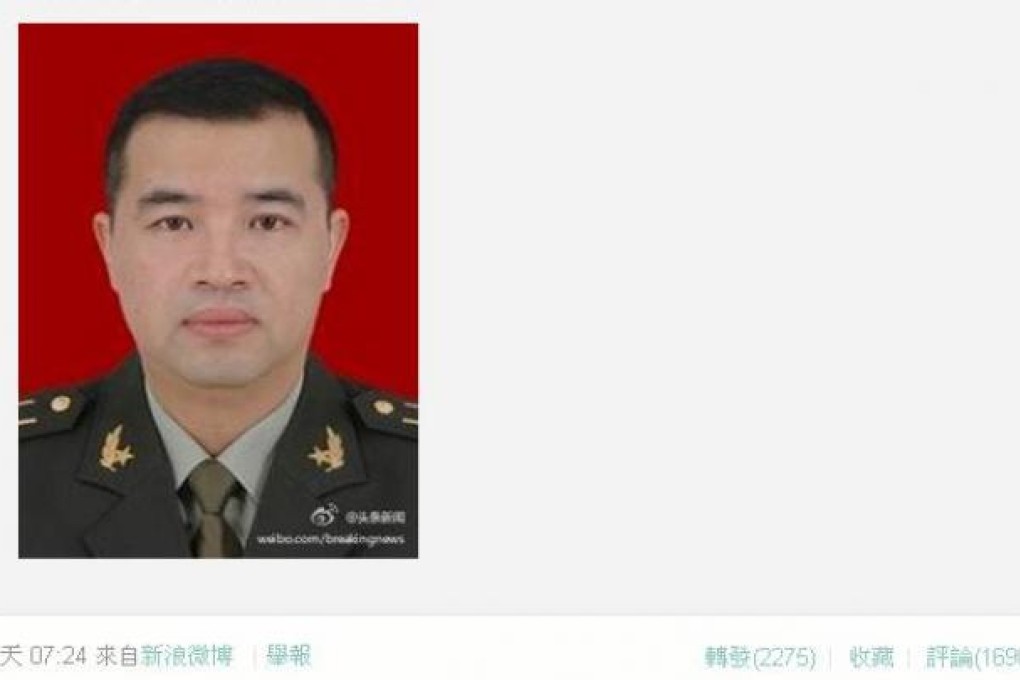Advertisement
Locustland | Propaganda players lost the plot a bit this week
Perhaps it's a sign that China's propaganda regime has grown too large when its different parts start fighting each other.
Reading Time:2 minutes
Why you can trust SCMP
0

Perhaps borrowing from American-style televised town hall meetings, mainland authorities have repackaged what some call networked authoritarianism for television audiences – with programming that aims to give viewers an impression of greater government transparency.
Initiated in Hubei province in 2010 and later copied by networks in provinces in central and southern China, the new televised "public supervision" programmes, approved by the likes of party and government mouthpieces like the People's Daily newspaper and Xinhua news agency, involves bringing government and Communist Party officials on stage to answer "detailed and sensitive questions" from the audience.

"Many officials looked embarrassed or surprised," according to this description of one Hubei show, which incorporates undercover investigations and 'gotcha'-style questioning, and "[f]acing the public directly allows not a scrap of negligence," said one cast member, the deputy party secretary of a city in Anhui province, as all government shortcomings magically disappeared.
Reading this, though, one can't help but think that while bringing officials on TV to be publicly embarrassed and make promises to do better satisfies a certain public itch, de facto televised transparency would involve camera crews following officials for months on end as mundane bureaucracies bring results at a glacial pace and ratings bleed down to zero.
Episodes of that show have been broadcast over radio and online, where cynical internet users still pose the greatest challenge to official efforts to guide public opinion, but also now seem to be relied upon to supervise authorities in lieu of internal mechanisms to avoid malfeasance – mechanisms which themselves are rarely brought under public scrutiny.
Advertisement
